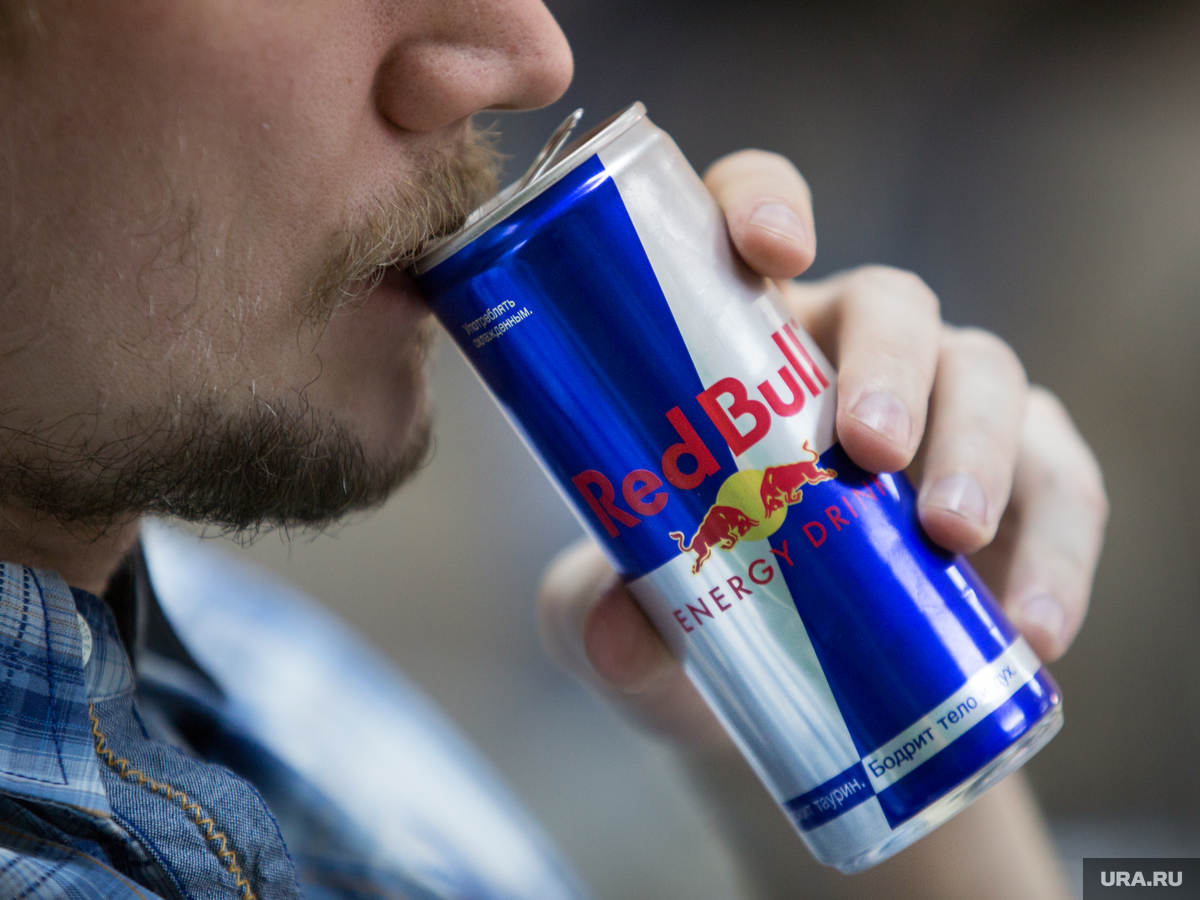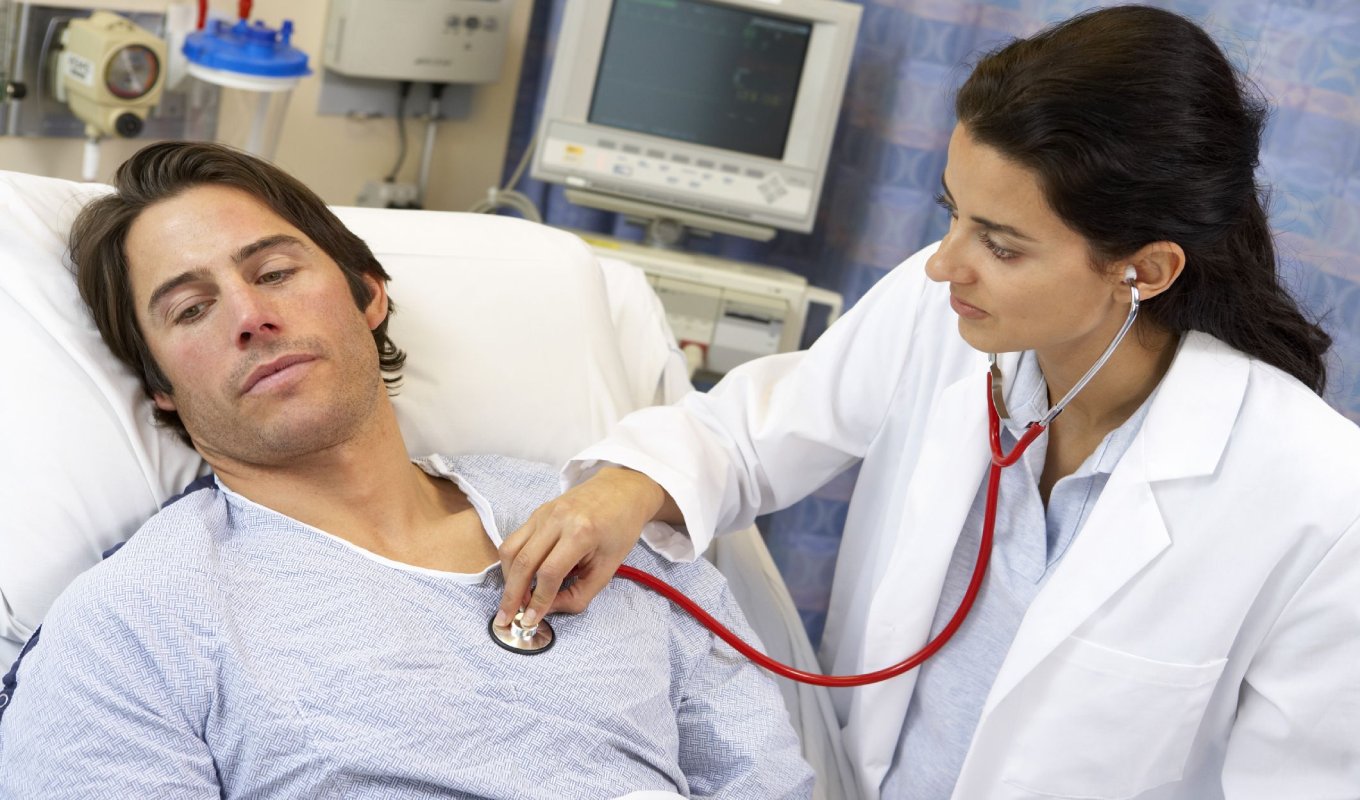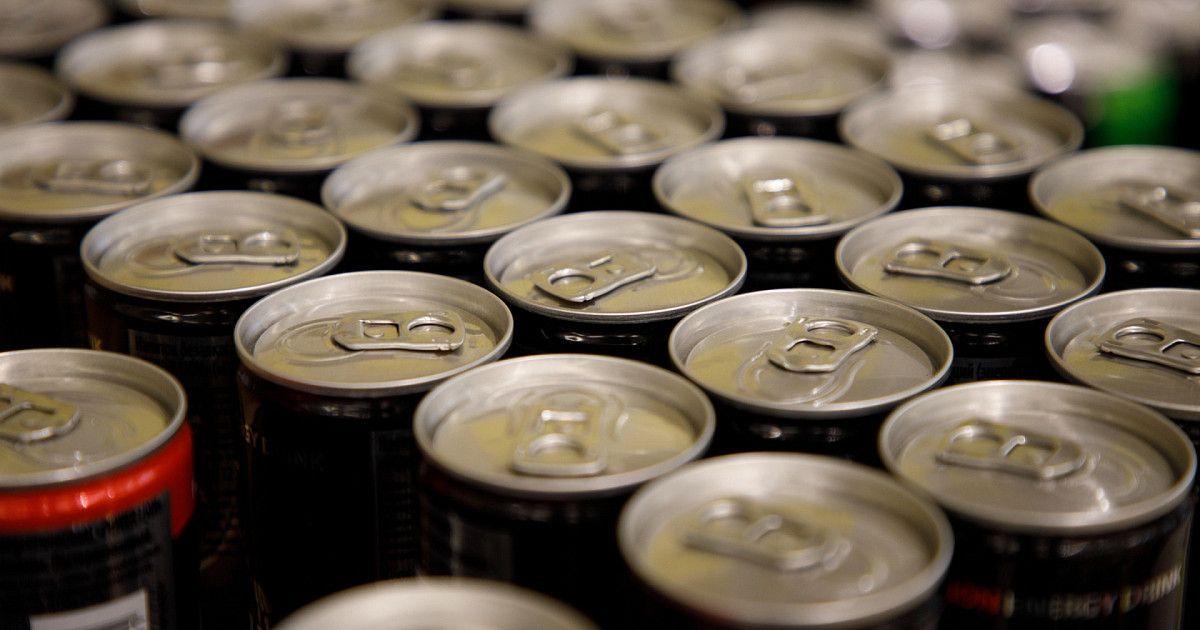Hello!
A cautionary new study from doctors at the Mayo Clinic shows that for folks with arrhythmia, instances of life-threatening cardiac arrest and energy drink consumption often go hand-in-hand.
 The study, published this week in the journal Heart Rhythms, analyzed the medical records of 144 survivors of sudden cardiac arrest (SCA) with arrhythmias — in short, heartbeat irregularities related to misfiring electrical signals in the body — who were treated at Mayo's Heart Rhythm Clinic. Combing through these records, the doctors then identified which patients had consumed an energy beverage before experiencing their potentially deadly cardiac events.
The study, published this week in the journal Heart Rhythms, analyzed the medical records of 144 survivors of sudden cardiac arrest (SCA) with arrhythmias — in short, heartbeat irregularities related to misfiring electrical signals in the body — who were treated at Mayo's Heart Rhythm Clinic. Combing through these records, the doctors then identified which patients had consumed an energy beverage before experiencing their potentially deadly cardiac events.
It's a fairly small group, but the study results are nothing to bat an eye at. Of these 144 survivors, seven patients — six of them women, fascinatingly — with varying kinds of arrhythmia "experienced an unexplained SCA associated temporally with energy drink consumption," according to the study. Three of them reported drinking energy beverages "regularly," and all seven came scarily close to death: six required a "rescue shock," while one had to be given manual CPR.
Altogether, this cohort made up five percent of the total 144 survivors — emphasis on the word survivors, of course, because it's unclear how many people suffer a cardiac event after consuming energy drinks without the link ever becoming known.
Though the Mayo docs acknowledge that it's a fairly limited correlation study, they believe these results are reason enough to start speaking out about the possible threat that energy drinks may pose to patients with known — or unknown — heart conditions.
"Although the relative risk is small and the absolute risk of sudden death after consuming an energy drink is even smaller," said Michael Ackerman, a genetic cardiologist at Mayo, in a press release, "patients with a known sudden death predisposing genetic heart disease should weigh the risks and benefits of consuming such drinks in the balance."
 It's worth noting that there's a large body of research suggesting that moderate caffeine intake actually lowers the risk of developing certain heart conditions in healthy individuals, and cardiologists widely think it's acceptable for folks with arrhythmias and other heart conditions to consume caffeinated coffee and tea in moderation, so long as they don't feel a sensitivity.
It's worth noting that there's a large body of research suggesting that moderate caffeine intake actually lowers the risk of developing certain heart conditions in healthy individuals, and cardiologists widely think it's acceptable for folks with arrhythmias and other heart conditions to consume caffeinated coffee and tea in moderation, so long as they don't feel a sensitivity.
But energy drinks don't just contain large amounts of caffeine. In addition to packing large amounts of sugar, they also tend to contain varying types of unregulated stimulants.
In other words: these drinks are often a stimulant free-for-all, and as Ackerman noted in his statement, the growth of the energy drink industry raises "concerns about the potential combined effects of caffeine consumption and additional unregulated ingredients in these beverages."
"Energy drinks are not regulated by the US Food and Drug Administration," he added, "so researching the effects that these drinks have on our patients is of utmost importance."
He's got a point. Remember that Panera lemonade was associated with the deaths of at least two people? The large version of the since-sunsetted beverage contained a ton of sugar, and more caffeine than a Red Bull and a Monster Energy drink combined. Both of the deceased had conditions that put them at higher risk of heart-related death — and one of them, a 21-year-old student named Sarah Katz, suffered from arrhythmia.
If anything's for sure? There needs to be more research into the connection between these drinks and cardiac health — and as the energy drink industry continues to boom, there's no better time to start than now.
"Critics might say of these findings, 'It's just an association by chance,'" Peter Schwartz, who directs Milan, Italy's Center for Cardiac Arrhythmias of Genetic Origin and Laboratory of Cardiovascular Genetics and who wasn't involved in the study, wrote in a research-accompanying editorial, according to the press release.
"There is no clear and definitive evidence that energy drinks indeed cause life-threatening arrhythmias and that more data are necessary," he continued, "but we would be remiss if we were not sounding the alarm."
Also read:
- Upcoming Cybersecurity Trends
- PARTNERSHIP ANNOUNCEMENT QUASA + Believer
- 6 Unique Tips to Write an Essay Perfectly
Thank you!
Join us on social media!
See you!






